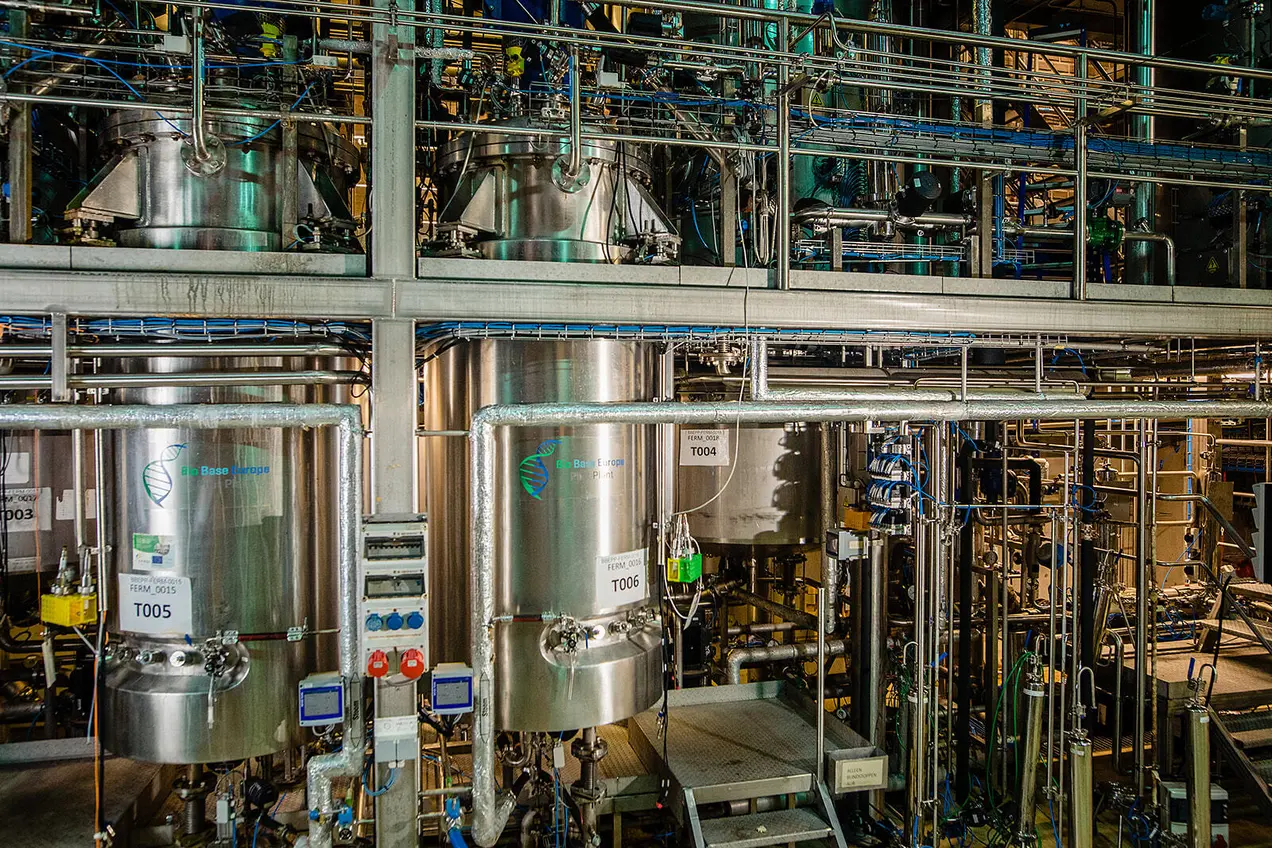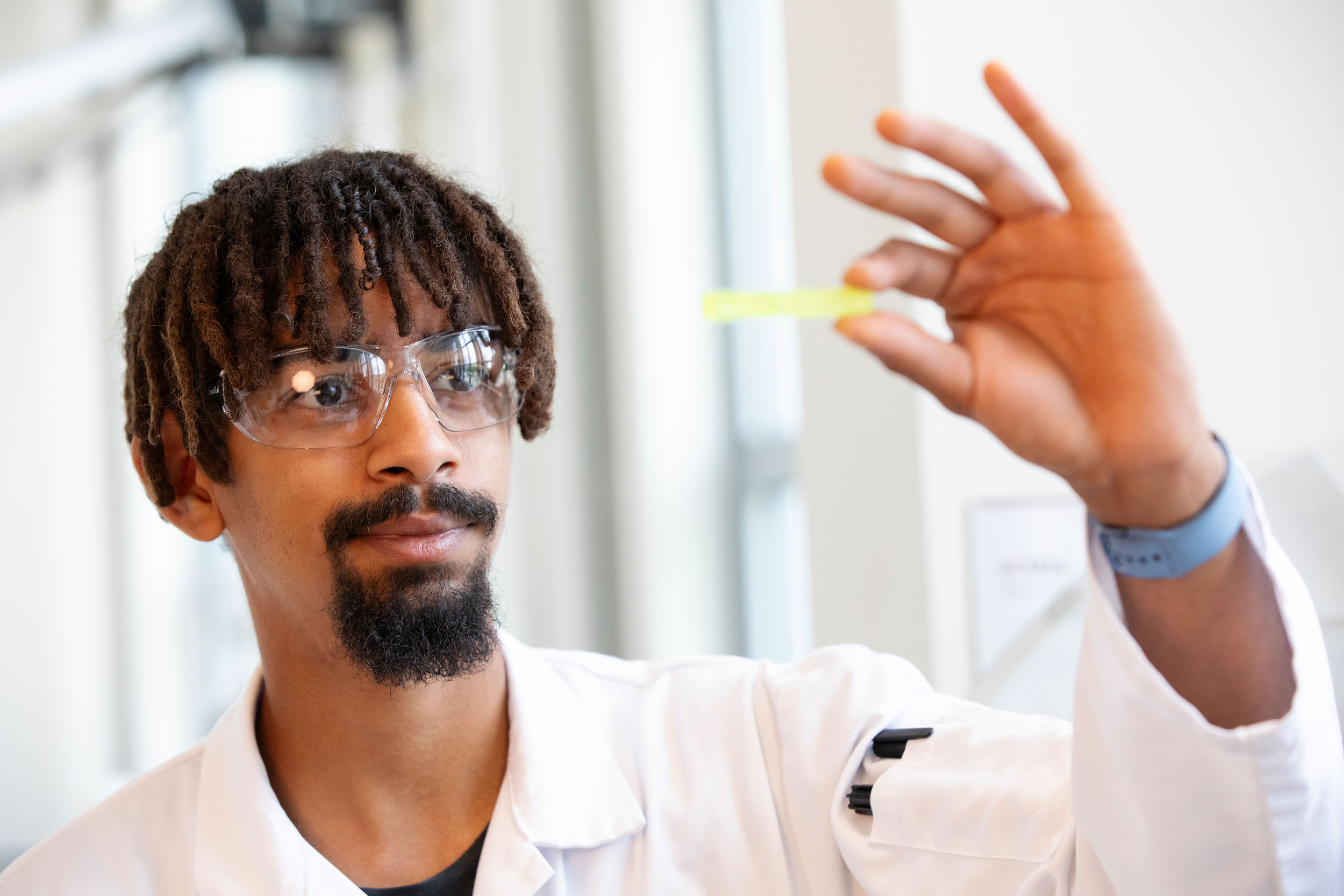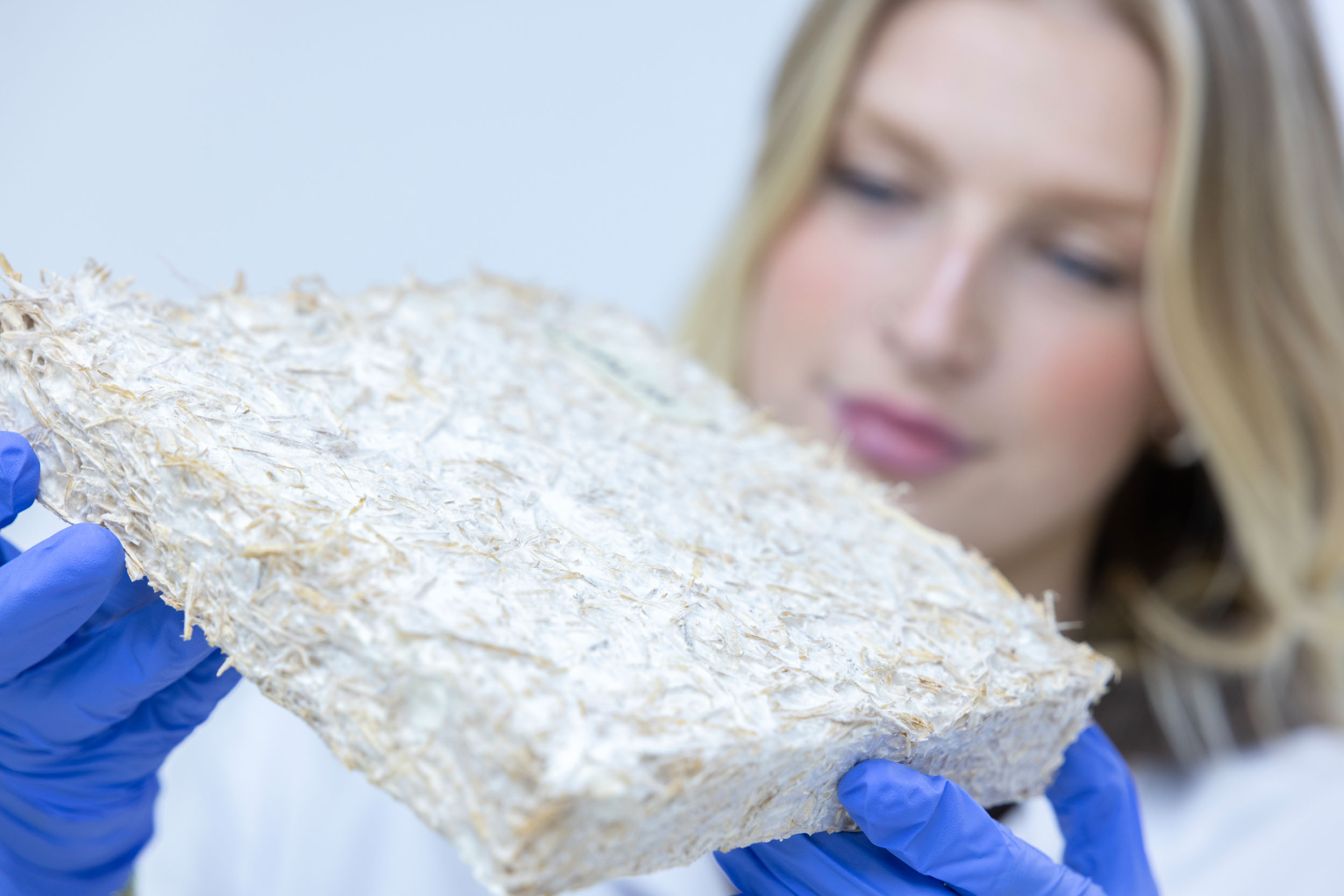From waste fibres to valuable resources
The sugar-rich fibres found in paper and cardboard waste form the feedstock for microorganisms that produce PHB. The result is a versatile bioplastic suitable for a wide range of applications, from packaging to technical components. In this way, Fibre Save contributes to lower CO₂ emissions, fewer microplastics, and a more circular plastics chain in which materials gain a second life.
From lab to real-world application
Within the project, partners develop and test PHB prototypes and products on both laboratory and semi-industrial scales. They assess not only the technical performance, but also the ecological and economic feasibility. This way, Fibre Save bridges the gap between research and practice, proving that biobased plastics are not just innovative but also ready for real industrial applications.
Cross-border collaboration
Fibre Save unites the expertise of companies and research institutions from both Flanders and the Netherlands:
-
Renewi and VPK Paper supply the paper and cardboard waste streams.
-
The Bio Base Europe Pilot Plant handles fermentation and scale-up.
-
MNEXT develops and tests PHB prototypes for various production processes.
-
Ghent University explores the biomedical potential of the material.
-
POM East Flanders assesses economic feasibility and environmental impact.
-
Pack4Food fosters industry involvement and supports market introduction.
Together, these partners cover the entire value chain – from waste collection to the development of new biobased products.
Towards circular plastics
Fibre Save delivers not only innovative materials but also valuable knowledge on application and scale-up. The project helps companies make their production processes more sustainable and contribute concretely to the circular economy.
With Fibre Save, the plastics industry moves one step closer to a future where plastics are no longer fossil-based, but renewable, sustainable, and truly circular.







